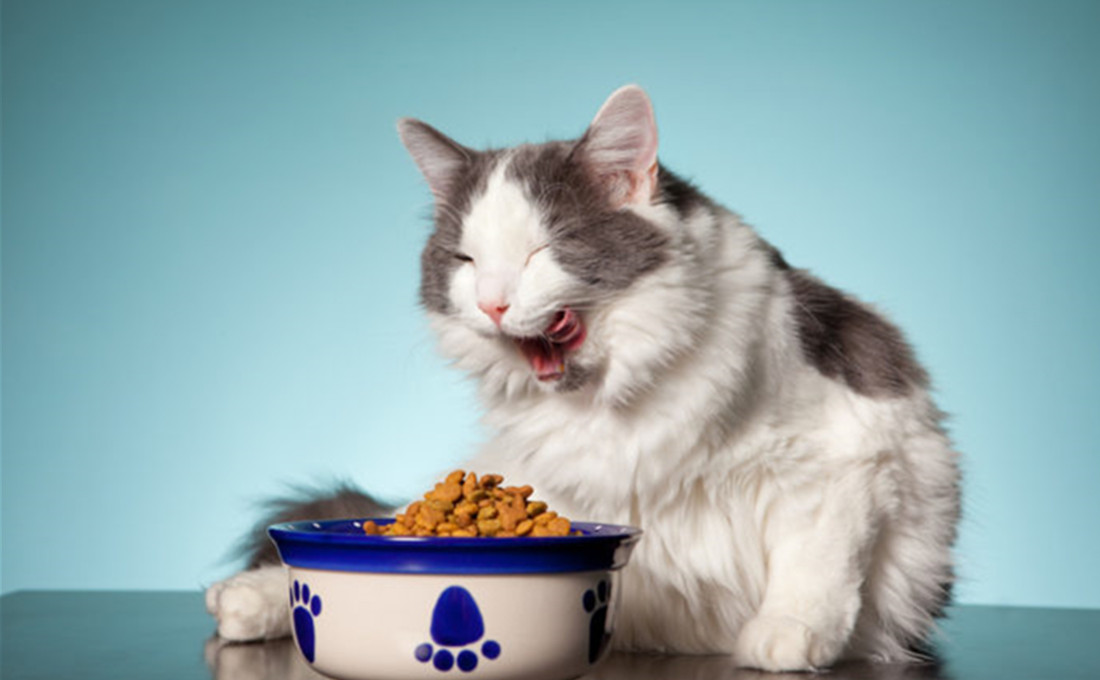
Constipation is a common problem that can be caused by many factors. The most important factor to consider when treating your cat for constipation is the cause, and this will determine which treatment you choose. If it’s dietary or environmental then there are some things you can do at home but if it’s due to an underlying medical condition then you’ll need to see your vet.
Treatment of constipation in cats
The first step in any treatment plan should always be identifying what’s causing constipation so we know exactly where to start! There are several treatment options for constipation in cats:
Constipation Medications
The most common prescription drugs used to treat constipation in cats are loperamide and prucalopride. Loperamide works by slowing down how quickly waste moves through the gastrointestinal system. Prucalopride stimulates nerve cells in the colon which increases muscle contractions and speeds up transit time. Side effects associated with using either drug include vomiting, increased appetite, decreased activity level, restlessness, excessive drooling, and diarrhea.
Colonoscopy
Colonoscopy involves inserting a flexible tube into the rectum and then moving it forward until it reaches the end of the large intestine. During this procedure, the doctor uses x-ray images to see what’s going on inside the digestive tract. He may also use biopsies during the exam to determine if any abnormalities exist. Afterward, the patient receives anesthesia so he doesn’t feel anything while the surgeon performs the surgery. Recovery times range between two weeks and three months after the procedure.

Stool Softeners
These products contain ingredients designed to soften stool and make it easier to pass. They’re not meant to replace regular laxatives but rather provide temporary relief. Stool softeners should only be given under the supervision of a qualified healthcare professional.
Surgical Treatments
Surgery is rarely needed to correct this problem but if necessary, there are several different procedures available including:
Laxative Supplements
There are many over-the-counter laxative supplements available at local pharmacies. Most have similar active ingredients to those found in prescription medicines. However, some OTC preparations do not always produce reliable results. Be sure to read product labels carefully and follow directions closely.
Conclusion
Constipation is one of the more frustrating problems faced by pet owners because it often goes undiagnosed for long periods before being treated. It can lead to serious health issues such as weight loss, dehydration, malnutrition, and even death. Fortunately, there are ways to prevent these complications from occurring.
